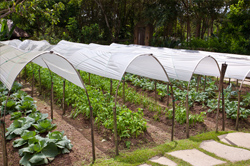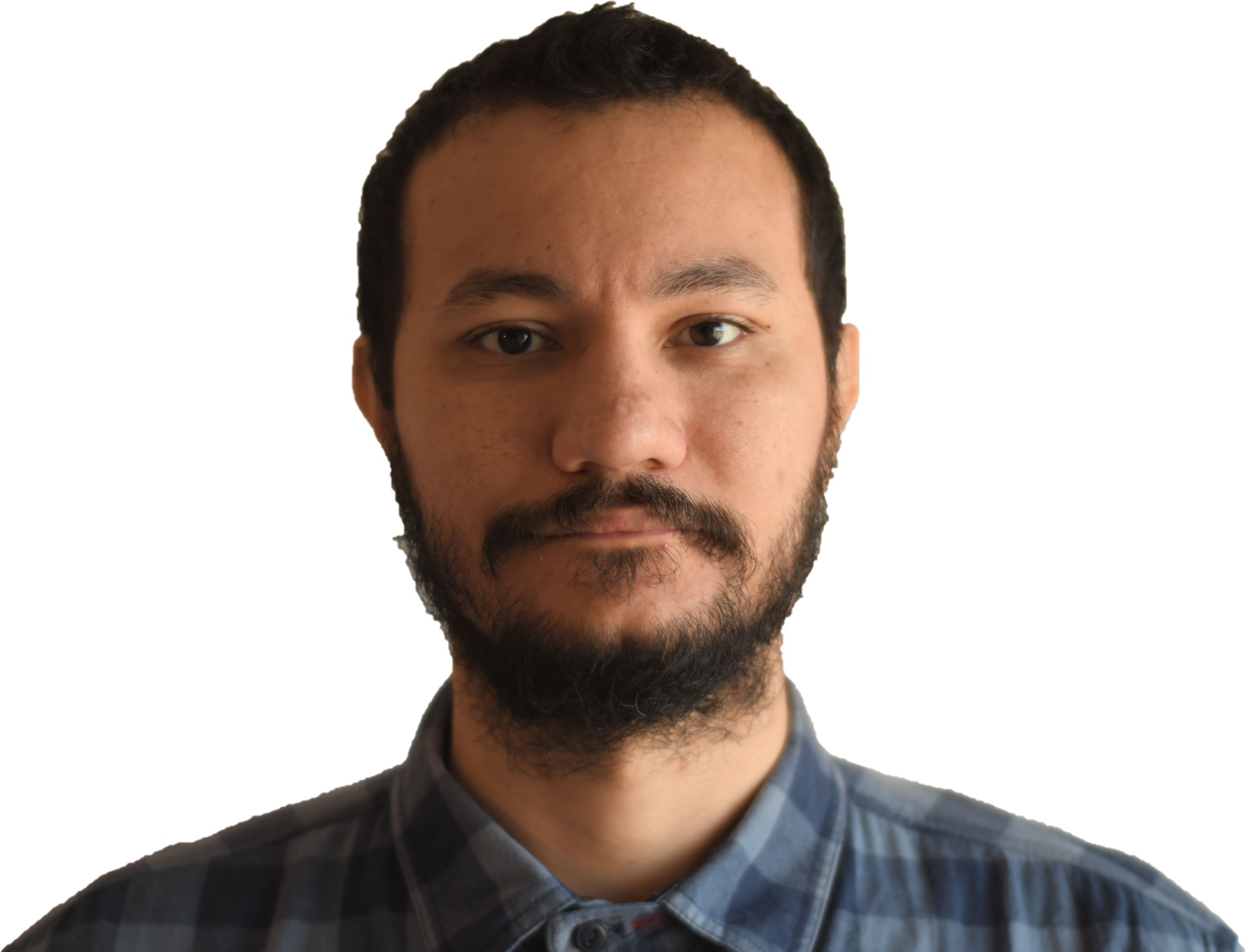
FSST 330: Sustainable Food Production in Italy: Local Traditions and Global Transformations
Course Description
There are more than seven billion humans on the planet. and it is estimated that by 2050 the world’s population will reach 9.1 billion (34 % higher than today), each of whom need to eat every day: ever-higher food production is contributing to faster use of non-renewable fossil fuels and environmental degradation. Food production will need to increase by 70% to feed the larger and most likely more urban population.
What modes of food production and consumption may be viable, sustainable responses to this problem? What are some alternative models of food production? How are people responding to increasing inequalities relating to food availability?
This course focuses on the radical increase in food production over the last decades and the ecological and social problems it has created, as well as on some possible solutions: the organic movement, Slow Food, and the shift towards local food. We will cast a critical eye on these movements and analyze their ability to change the trajectory of the global food production system, which is rapidly heading for collapse.
Course Objectives
By the end of the course, students will be able to:
- define principles, frameworks, and indices (from various disciplines) for measuring progress toward a sustainable society;
- recall the key characteristics of human and natural systems as they pertain to sustainability and analyze different models of transitions towards a sustainable food system;
- evaluate existing research on sustainability from a variety of disciplines;
- provide different political, environmental and social interventions for more sustainable food production in Italy and in the USA without negatively affecting environmental justice:
- integrate experiential learning activities with classroom knowledge to practice systematic, public-facing, and ethical scholarship using twenty-first-century research and communication tools.
